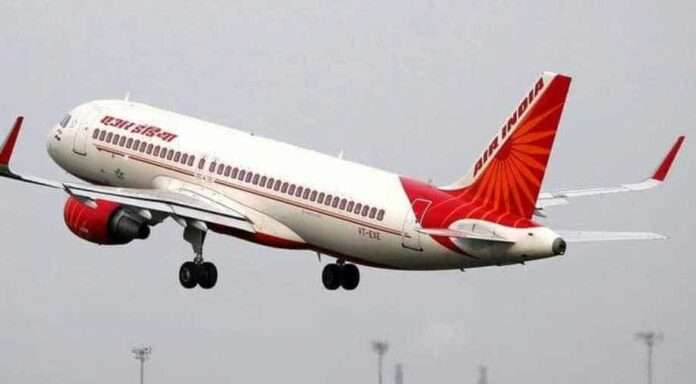“The central government may at its discretion grant or deny allocation of traffic rights to any air transport undertaking having regard to its preparedness to undertake such operations, viability of the operations on a particular route, overall interests of the civil aviation sector etc.”
— DGCA Fresh Circular
Since the takeover of Air India by the Tata Group, the national carrier has lost its preferential access to bilateral rights that are needed to operate flights to another country, according to a circular issued by the Directorate General of Civil Aviation (DGCA), PTI reported.
Bilateral rights were granted under the air services agreements signed between two countries since Air India was a government-owned national carrier. For airlines of any country to operate international flights to another country, the two sides have to negotiate and sign a “’bilateral air services agreement”, that decides how many flights (or seats) per week can be allowed to fly from one country to the other. When the agreement is signed, each country is free to allocate the bilateral rights to its respective airlines.
According to previous DGCA circular, “due consideration shall be given to the operational plans submitted by Air India Limited before allocation of the traffic rights to the other eligible applicants.”
Even after the flying rights are allocated to an airline, it must have slots at both the airports in order to start flight operations. A slot is a date and time at which an airline’s aircraft is permitted to depart or arrive at an airport. The slots are allocated by a committee that comprises the civil aviation ministry and DGCA officials, airport operators and airlines, among others.
Clause 3.6 of a previous DGCA circular stated that “due consideration shall be given to the operational plans submitted by Air India Limited before allocation of the traffic rights to the other eligible applicants”. In the middle of April this year, the DGCA issued a fresh circular removed the clause.
According to the fresh circular, “The central government may at its discretion grant or deny allocation of traffic rights to any air transport undertaking having regard to its preparedness to undertake such operations, viability of the operations on a particular route, overall interests of the civil aviation sector etc.”
******************************************************************
Readers
These are extraordinary times. All of us have to rely on high-impact, trustworthy journalism. And this is especially true of the Indian Diaspora. Members of the Indian community overseas cannot be fed with inaccurate news.
Pravasi Samwad is a venture that has no shareholders. It is the result of an impassioned initiative of a handful of Indian journalists spread around the world. We have taken the small step forward with the pledge to provide news with accuracy, free from political and commercial influence. Our aim is to keep you, our readers, informed about developments at ‘home’ and across the world that affect you.
Please help us to keep our journalism independent and free.
In these difficult times, to run a news website requires finances. While every contribution, big or small, will makes a difference, we request our readers to put us in touch with advertisers worldwide. It will be a great help.
For more information: pravasisamwad00@gmail.com




